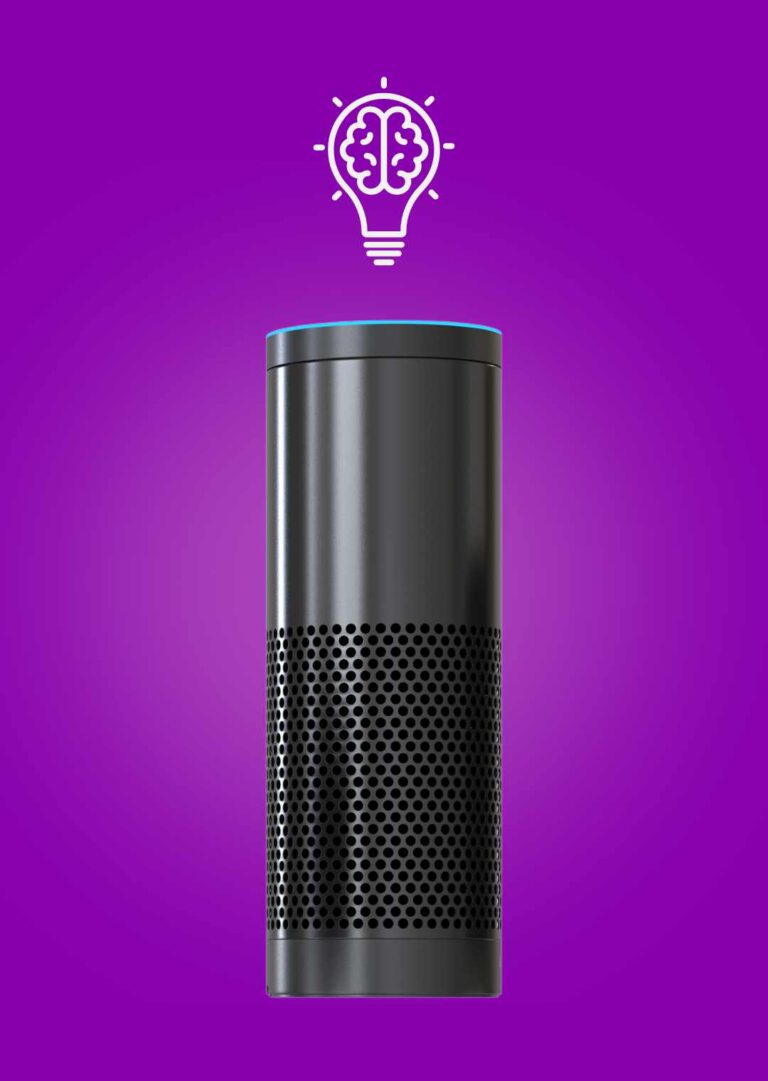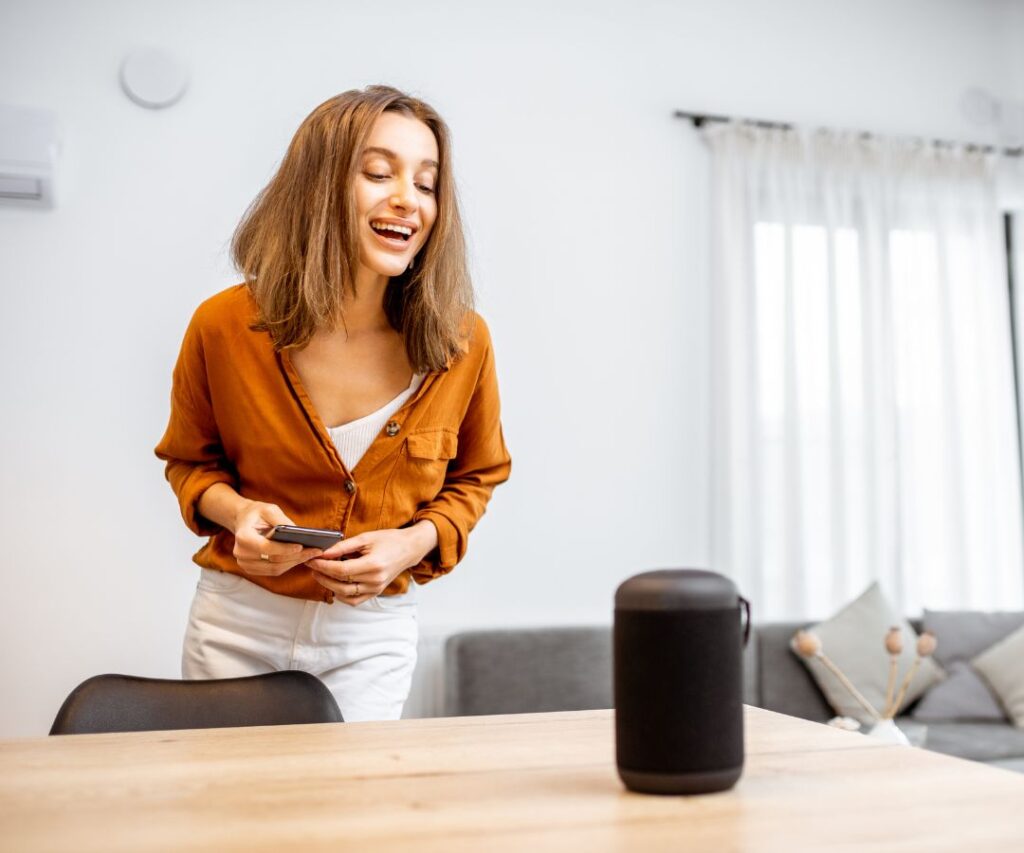10 Ways Automation, Speakers, and Media Player Revolutionize Your Music Experience!
Smart homes and the rise of home automation have transformed the way we interact with technology in our living spaces. When it comes to music, automation has brought about a revolution in how we experience and enjoy our favorite tunes. By integrating smart speakers and media players into our homes, we now have the ability to effortlessly play music throughout our living spaces with just a simple voice command or tap on our smartphones.
One of the most exciting ways automation enhances our music experience is through seamless connectivity across different devices. With smart speakers that are compatible with various media players, you can easily create custom playlists or switch between different streaming services without missing a beat. Additionally, automation allows for personalized recommendations based on your listening habits and preferences, ensuring that you’re always discovering new tracks that resonate with your taste.
Overview of automation in music industry
1. Smart Speakers: Smart speakers have revolutionized the way we consume music, offering a hands-free and seamless listening experience. With voice-activated controls, users can easily request their favorite songs or playlists without lifting a finger. These devices have become an integral part of many households, providing instant access to vast libraries of music with just a simple command.
Furthermore, smart speakers have paved the way for personalized music recommendations and tailored playlists based on individual preferences. By utilizing AI algorithms, these devices can analyze listening habits and suggest new tracks that are likely to resonate with the user’s taste. This level of customization adds an element of surprise and discovery to the music-listening experience, creating a dynamic and engaging platform for exploring new artists and genres.

Voice-controlled devices for seamless music playback
2. Personalized Playlists: One of the key benefits of voice-controlled devices such as smart speakers is their ability to create personalized playlists for seamless music playback. By simply commanding your device to play a specific genre, artist, or mood, you can effortlessly curate a playlist tailored to your preferences. This feature not only saves time and effort but also enhances the overall music listening experience by allowing you to easily access your favorite tracks without having to manually search for them.
Moreover, voice-controlled devices offer recommendations based on your listening history and behavior, further customizing your playlists to suit your taste. With the help of advanced algorithms and artificial intelligence capabilities, these devices can analyze data such as your most played songs or artists and suggest new tracks that align with your musical preferences. This personalized approach not only helps users discover new music but also ensures that their playlists remain fresh and engaging over time.

Algorithms create tailored music suggestions
3. Automatic Music Curation: Automatic music curation is revolutionizing the way we discover and enjoy music, thanks to advanced algorithms that analyze our preferences and behavior. By leveraging machine learning techniques, these algorithms can generate tailored playlists that cater to our unique tastes, making the process of finding new music more seamless and delightful. With this technology, the days of aimlessly scrolling through endless song recommendations are over, as personalized suggestions now effortlessly appear at our fingertips.
AI selects songs based on preferences and mood
4. Seamless Integration: Seamless integration is the key to unlocking the full potential of AI-powered music selection in smart homes. By connecting music streaming services with AI algorithms that analyze user preferences and mood, a new level of personalized listening experience is achieved. This integration allows for a seamless transition between songs that suit the user’s current state of mind, creating an immersive atmosphere within the home environment.
As a smart home integrator, AI can play a crucial role in harmonizing different devices and platforms to ensure a cohesive music experience. Whether it’s adjusting the lighting to match the tempo of the song or syncing up multiple speakers throughout the house, AI-driven song selection based on preferences and mood can elevate ordinary moments into memorable experiences. With this level of seamless integration, users are not just listening to music—they are fully immersed in an intelligent ecosystem that caters to their individual tastes and emotions.
Devices sync effortlessly for uninterrupted listening experience
5. Enhanced Audio Quality: When it comes to smart home integration, one of the key factors that users look for is an uninterrupted listening experience with enhanced audio quality. Devices that sync effortlessly play a crucial role in delivering this seamless experience, allowing users to move seamlessly throughout their homes without any disruption in their music or audio playback. This synchronization ensures that users can enjoy their favorite tunes or podcasts without missing a beat, creating an immersive and enjoyable listening experience.
Additionally, enhanced audio quality adds another layer of depth to the overall listening experience. Smart home integrators understand the importance of high-quality sound reproduction and work tirelessly to ensure that every device in the ecosystem supports superior audio performance. By investing in devices that prioritize audio quality, users can elevate their home entertainment systems and truly immerse themselves in the music or content they love. This commitment to enhanced audio quality sets smart home integrators apart and underscores their dedication to providing top-notch user experiences across all connected devices.
Technology advancements improve sound clarity and depth
Conclusion:
With the rapid advancements in technology, sound clarity and depth have seen significant improvements over the years. This has been especially noticeable in the realm of smart home integrators, where audio systems have become more sophisticated and powerful. From voice-controlled speakers to surround sound setups, the evolution of technology has allowed for a more immersive audio experience within homes.
One key aspect that has contributed to this enhanced sound quality is the development of advanced algorithms and processing techniques. By leveraging these technologies, smart home integrators can now fine-tune audio signals to deliver richer tones and clearer vocals. Additionally, innovations in acoustic design and materials have also played a crucial role in optimizing sound performance within home environments. As a result, consumers can now enjoy music, movies, and podcasts with unprecedented clarity and depth right from the comfort of their living rooms.

Automation transforms how we enjoy music.
As technology advances, automation is transforming the way we enjoy music. Streaming services like Spotify and Apple Music use algorithms to create personalized playlists tailored to individual preferences, saving users time and effort in curating their own music collections. These algorithms analyze listening habits and recommend new songs and artists, expanding our musical horizons and introducing us to new genres we may not have discovered on our own.
Moreover, automation has also revolutionized the process of music production. AI tools can now assist musicians in composing melodies, generating beats, and even mastering tracks, streamlining the creative process and enabling artists to focus more on experimentation and innovation. This integration of technology in music creation not only enhances efficiency but also opens up new possibilities for artistic expression by breaking traditional constraints. Ultimately, automation is reshaping how we consume and create music, offering a glimpse into a future where technology plays an increasingly integral role in shaping our musical experiences.
